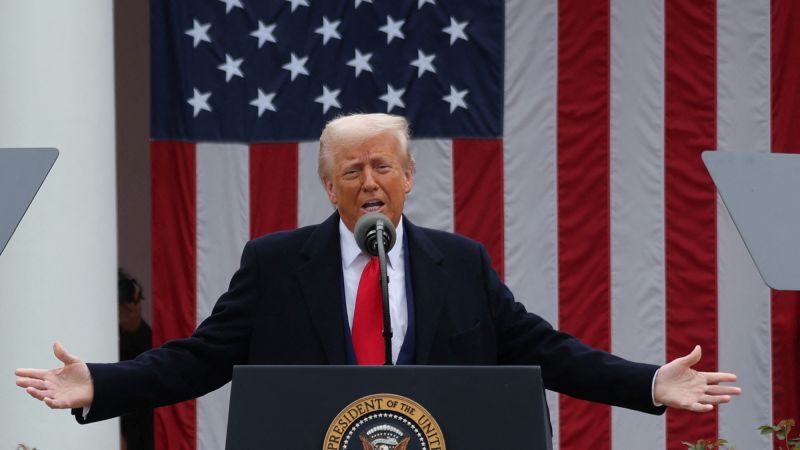## Trump Strikes Again: Global Trade War Heats Up with Sweeping New Tariffs
Forget the “Art of the Deal,” it seems the President’s new strategy is the “Art of the Trade War.”
Yesterday, President Trump signed sweeping new tariffs on a staggering array of imported goods, sending shockwaves through global markets and igniting fears of a full-blown trade war. From Chinese electronics to European cars, no sector appears safe from the President’s latest protectionist gambit.
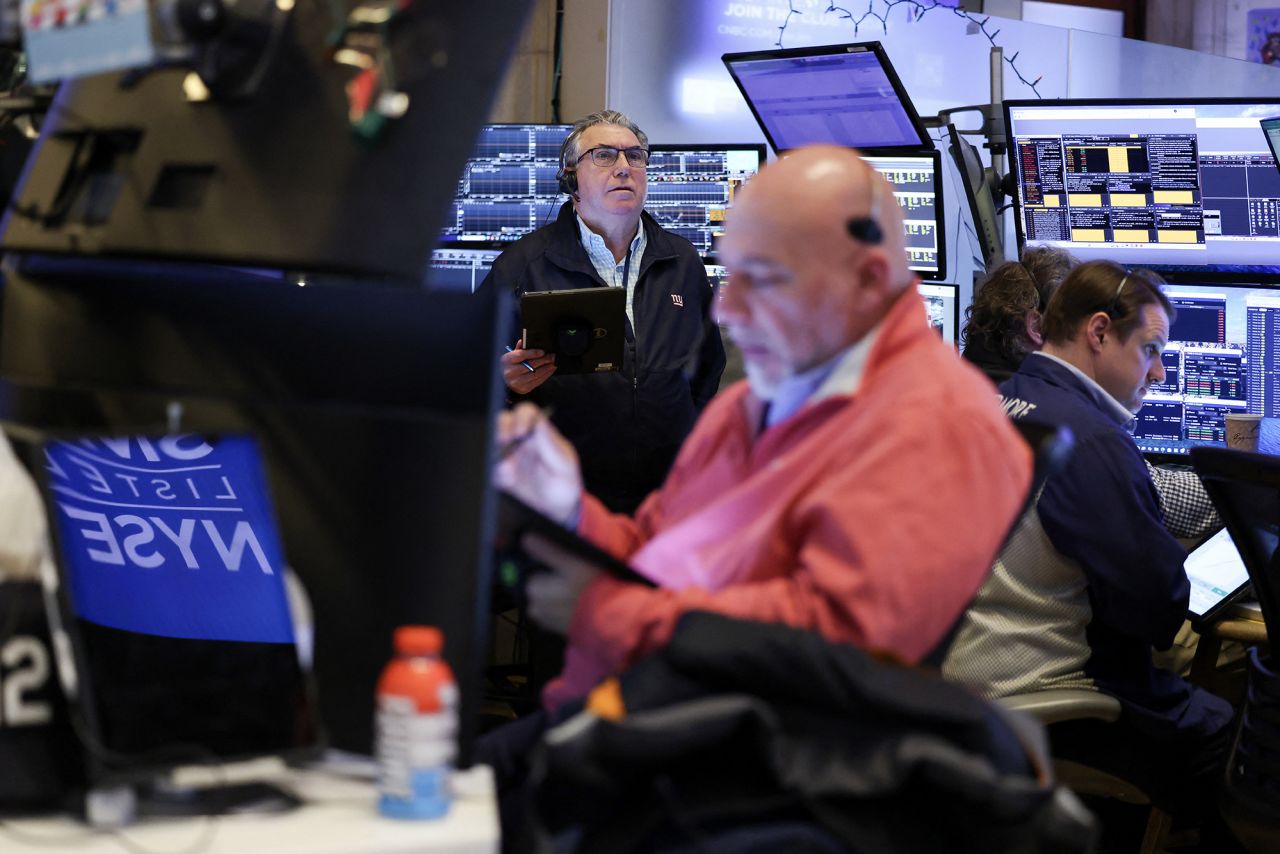
This move marks a dramatic escalation in Trump’s trade battles, raising critical questions: What will this mean for American jobs? Will businesses be able to weather the storm? And what are the potential consequences for the global economy?
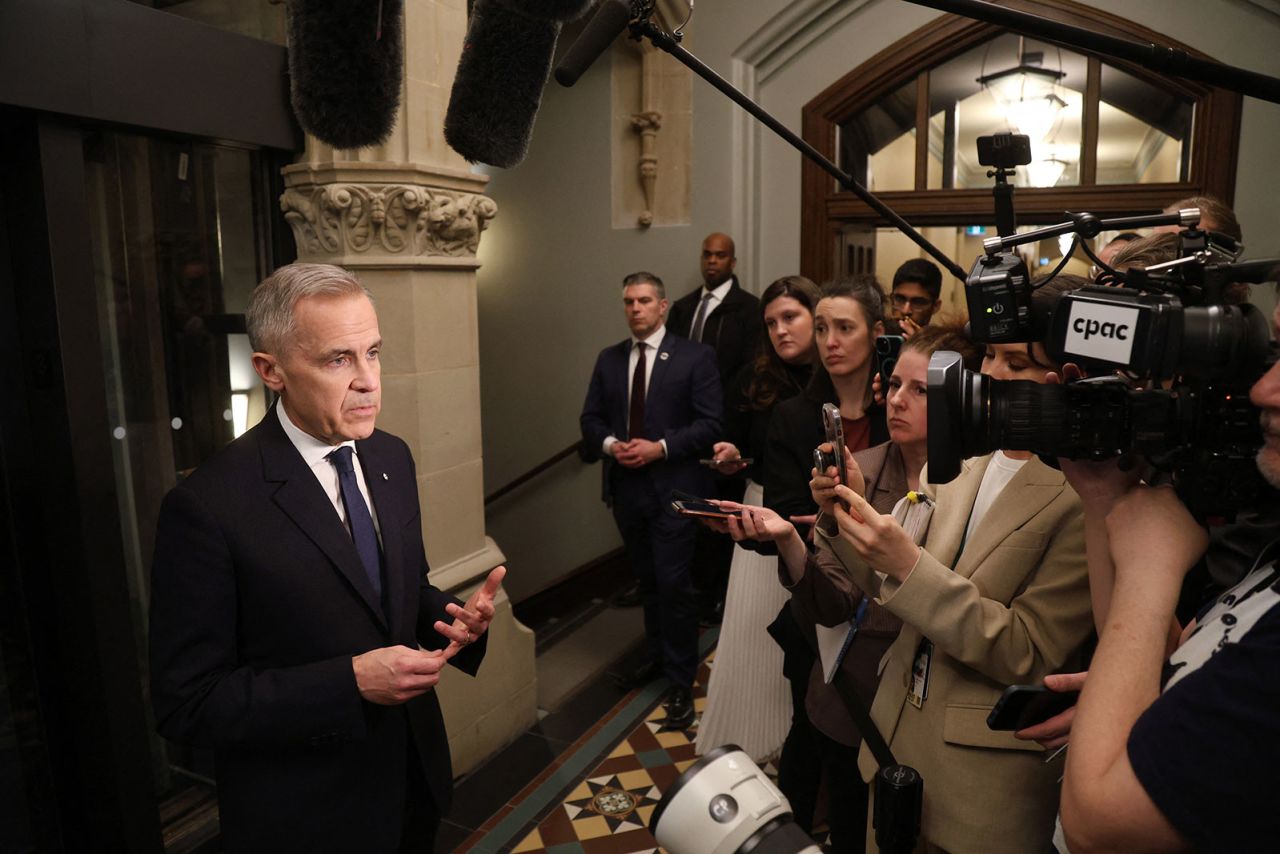
Economic Theories and Predictions

Economic theorists and analysts have long debated the impact of tariffs on the global economy. In the context of President Trump’s sweeping new global tariffs, experts predict a significant shift in market dynamics, potentially leading to increased costs for businesses and consumers. The imposition of tariffs is intended to protect domestic industries and reduce trade deficits, but there is substantial concern over retaliatory measures from affected countries, which could trigger a global trade war. According to the Peterson Institute for International Economics, trade wars can result in a loss of economic efficiency and reduced consumer welfare.
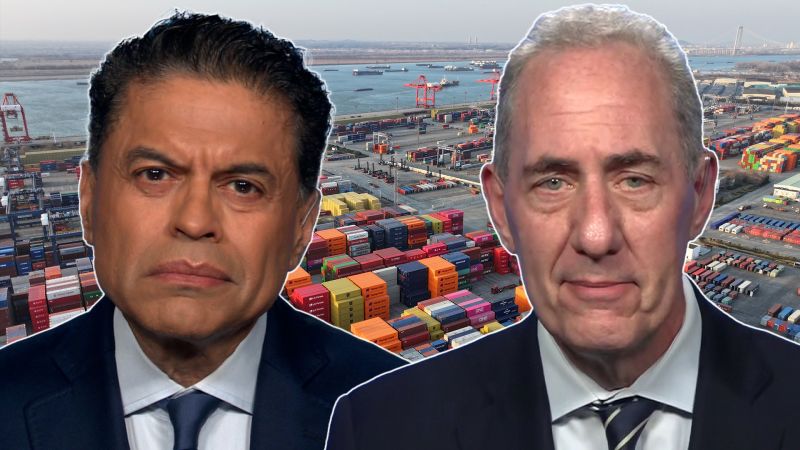
Government and Industry Perspectives
White House Justifications and Statements
The White House has justified the new tariffs as a necessary measure to address perceived unfair trade practices and to protect American jobs and industries. President Trump has repeatedly emphasized the need to level the playing field for US businesses. In his announcement, he stated that these tariffs are a “declaration of economic independence” aimed at promoting US economic interests.
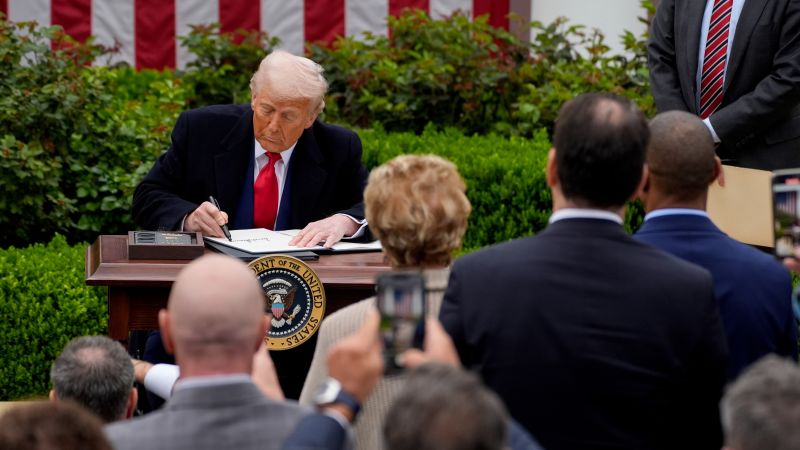
Opinions from Business Leaders and Analysts
Business leaders and economic analysts have expressed mixed reactions to the tariffs. On one hand, some manufacturers and industry groups that rely heavily on imported raw materials and components are concerned about increased production costs. On the other hand, certain domestic producers may see a window of opportunity to expand their market share. According to a survey by the National Association of Manufacturers, nearly half of the respondents anticipate increased operational costs as a direct result of the tariffs.
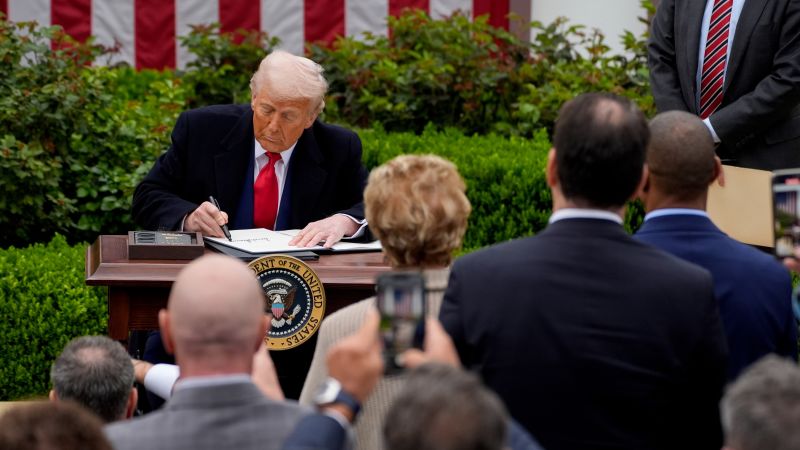
Practical Implications for Trade and Commerce
Changes in Import and Export Processes
The new tariffs will significantly alter the import and export processes for businesses operating in the US. Importers will need to adjust their supply chains and pricing strategies to account for the tariffs, which may lead to higher prices for consumers. Companies may also explore alternative suppliers in countries not subject to the tariffs to mitigate costs. The US Customs and Border Protection (CBP) will be responsible for enforcing these tariffs at points of entry, with increased scrutiny and paperwork for imported goods.
Long-term Consequences on Global Supply Chains
The long-term consequences of these tariffs may include the reshaping of global supply chains. Companies may seek to diversify their supplier base or even consider relocating operations to avoid tariffs. In the long run, this could lead to a reconfiguration of global trade patterns, potentially creating new trade blocs and alliances that exclude the US. Industry experts predict that the realignment of supply chains could take years, with significant transitional costs and uncertainties.
Legal and Compliance Considerations
Customs and Border Protection Procedures
The new tariffs will require the Customs and Border Protection (CBP) to update its procedures to ensure compliance. CBP will need to enforce the new tariff rates at all points of entry, including ports, airports, and border crossings. Businesses will need to provide detailed documentation and classification of goods to ensure accurate application of the tariffs. Failure to comply can result in significant penalties and delays in the import and export processes.
Legal Challenges and International Trade Laws
Legal challenges to these tariffs are expected to arise, particularly under the World Trade Organization (WTO) rules and other bilateral trade agreements. Countries such as China and the EU have already stated their intention to challenge the tariffs through international legal bodies. The Trump administration’s invocation of national security as justification for the tariffs may not be sufficient under international trade law, which could lead to legal disputes and potential trade sanctions against the US.
Social and Political Reactions
Public Opinion and Political Support
Public opinion on the tariffs is divided, with some Americans supporting the move as a means to protect domestic industries and jobs, while others fear the potential for increased prices and economic instability. Political support for the tariffs is also mixed, with some lawmakers from both major parties expressing concern over the potential negative impacts on the economy.
Impact on International Relations and Diplomacy
The imposition of these tariffs is expected to strain international relations and diplomatic ties. Long-time allies and trading partners of the US have already stated their intent to retaliate with their own tariffs. Such actions could undermine existing trade agreements and alliances, potentially leading to a more fragmented and less cooperative global economic landscape. Diplomatic efforts to mediate these tensions and find mutually beneficial solutions may become a priority in the coming months.
Conclusion
In conclusion, the article “Trump signs sweeping new global tariffs – CNN” highlights the significant move by the Trump administration to impose tariffs on over $200 billion worth of Chinese goods, escalating the ongoing trade tensions between the two economic powerhouses. The key points discussed in the article emphasize the far-reaching implications of this decision, including the potential impact on global trade, economic stability, and consumer prices. The main arguments presented suggest that the tariffs may not only harm the US economy but also have a ripple effect on the global economy, as other countries may retaliate with their own tariffs.
The significance of this development cannot be overstated. The tariffs have the potential to disrupt global supply chains, lead to job losses, and increase inflation. Moreover, the escalation of trade tensions may undermine the stability of the global economy, making it more vulnerable to shocks. As the trade war continues to escalate, it is crucial that policymakers and business leaders work together to find a peaceful resolution, ensuring that the interests of all parties are taken into account.
As the trade war continues to unfold, it is clear that the world is at a crossroads. The decision to impose tariffs will have far-reaching consequences, and it is essential that we take a step back and assess the impact on the global economy. As we move forward, it is crucial that we prioritize cooperation and dialogue to find a solution that benefits all parties involved. The future of global trade hangs in the balance, and it is up to us to navigate this complex and challenging landscape with wisdom and foresight.
